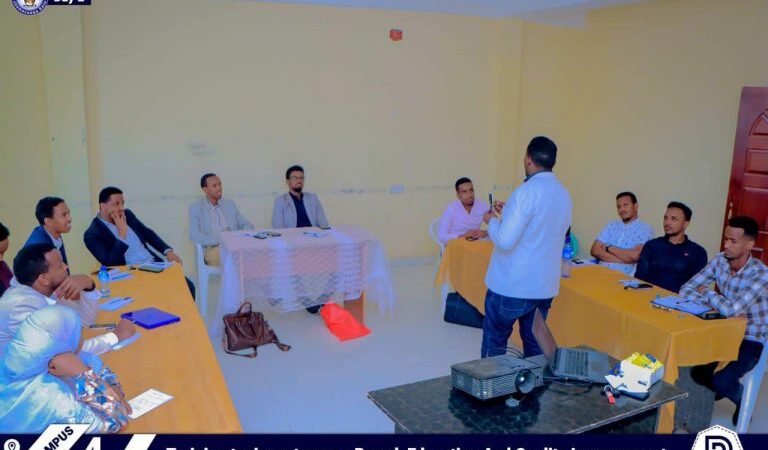Master of Political Science and Leadership Studies
Overview: The Master of Political Science and Leadership Studies program at Eelo University offers an in-depth exploration of political systems, governance structures, and leadership dynamics in contemporary societies. Through a multidisciplinary curriculum, students engage with theoretical frameworks, empirical research, and case studies to develop critical analytical skills and practical insights into the complexities of political processes and leadership challenges.
Vision: Our vision is to foster a new generation of leaders and scholars who possess a deep understanding of political dynamics, ethical leadership principles, and the ability to navigate complex socio-political environments. We aim to empower graduates to become catalysts for positive change, driving inclusive governance, promoting democratic values, and advancing social justice and human rights.
Mission: The mission of the Master of Political Science and Leadership Studies program is to provide students with a comprehensive understanding of political theories, institutions, and practices, while cultivating leadership skills and ethical principles essential for effective governance and decision-making. Through rigorous academic inquiry, experiential learning opportunities, and engagement with real-world challenges, we strive to prepare students to address pressing issues facing societies and contribute to the advancement of democracy, peace, and prosperity.
Program Outcome: Upon completion of the Master of Political Science and Leadership Studies program, graduates will be able to:
- Analyze political systems, ideologies, and institutions from comparative and theoretical perspectives.
- Evaluate the role of leadership in shaping political outcomes, policy decisions, and governance practices.
- Conduct research and policy analysis on key political issues, such as democracy, human rights, globalization, and conflict resolution.
- Develop effective communication, negotiation, and consensus-building skills essential for political leadership and public service.
- Demonstrate ethical leadership qualities, including integrity, accountability, transparency, and respect for diverse perspectives and stakeholders.
- Engage in civic activism, advocacy, and community organizing to promote social justice, civic engagement, and democratic participation.
- Apply theoretical knowledge and practical skills to address contemporary political challenges and contribute to the development of innovative policy solutions.
- Foster collaborative and inclusive approaches to governance, leveraging diverse perspectives and expertise to achieve collective goals and sustainable development.
Eligibility and Admission:
- Educational Background: Applicants must hold a bachelor’s degree from an accredited institution, preferably in political science, international relations, public administration, or a related field.
- Professional Experience: While not mandatory, relevant work experience in politics, government, public service, or civil society organizations may strengthen an applicant’s candidacy.
- Academic Performance: Applicants must demonstrate strong academic performance, typically evidenced by a minimum undergraduate GPA requirement set by the university.
- English Language Proficiency: For applicants whose primary language is not English, proficiency must be demonstrated through standardized tests such as TOEFL or IELTS, unless the applicant has completed a degree program in an English-speaking institution.
Admission to the program is competitive and based on a holistic evaluation of the applicant’s academic background, professional experience, letters of recommendation, statement of purpose, and other relevant factors. Applicants are encouraged to consult the university’s admissions office for specific requirements and deadlines.

